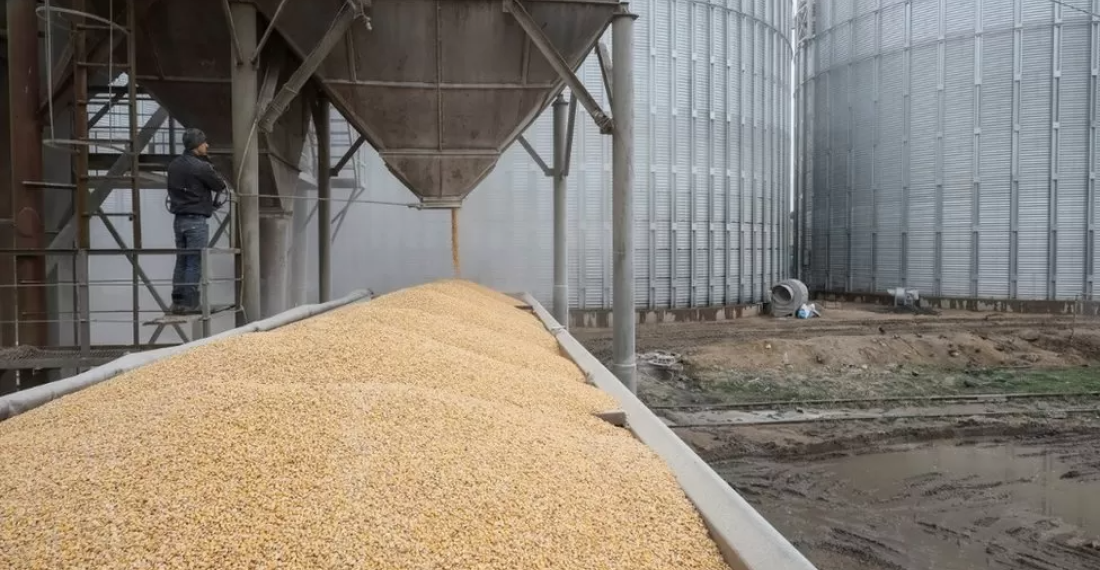An agreement allowing Ukraine to export grain via its Black Sea ports was extended for a further two months, it was announced on Wednesday (17 May).
Ukraine is one of the world's top providers of grain. However Russia blocked its ports in the opening months of its full-scale of invasion of Ukraine in 2022, to leading to global fears of food shortages especially in poorer countries heavily reliant on Ukrainian grain.
The latest extension was announced one day before the current agreement was set to expire amid fears that Russia could pull out of the deal over its criticism of Western sanctions against its agricultural sector. Moscow wants Russian producers to be able to export more food and fertiliser to the rest of the world, but says sanctions are preventing them.
Russia had previously withdrawn from the deal in November 2022 after accusing Ukraine of attacking its fleet in Crimea, but re-joined only a few days later.
The deal was brokered by the United Nations and Turkey, whose Bosphorus Strait running through the centre of Istanbul is critical for Black Sea imports and exports. More than 30m tonnes of grain have left Ukraine since the deal was first agreed in July 2022, mostly going to the world's poorest countries.







